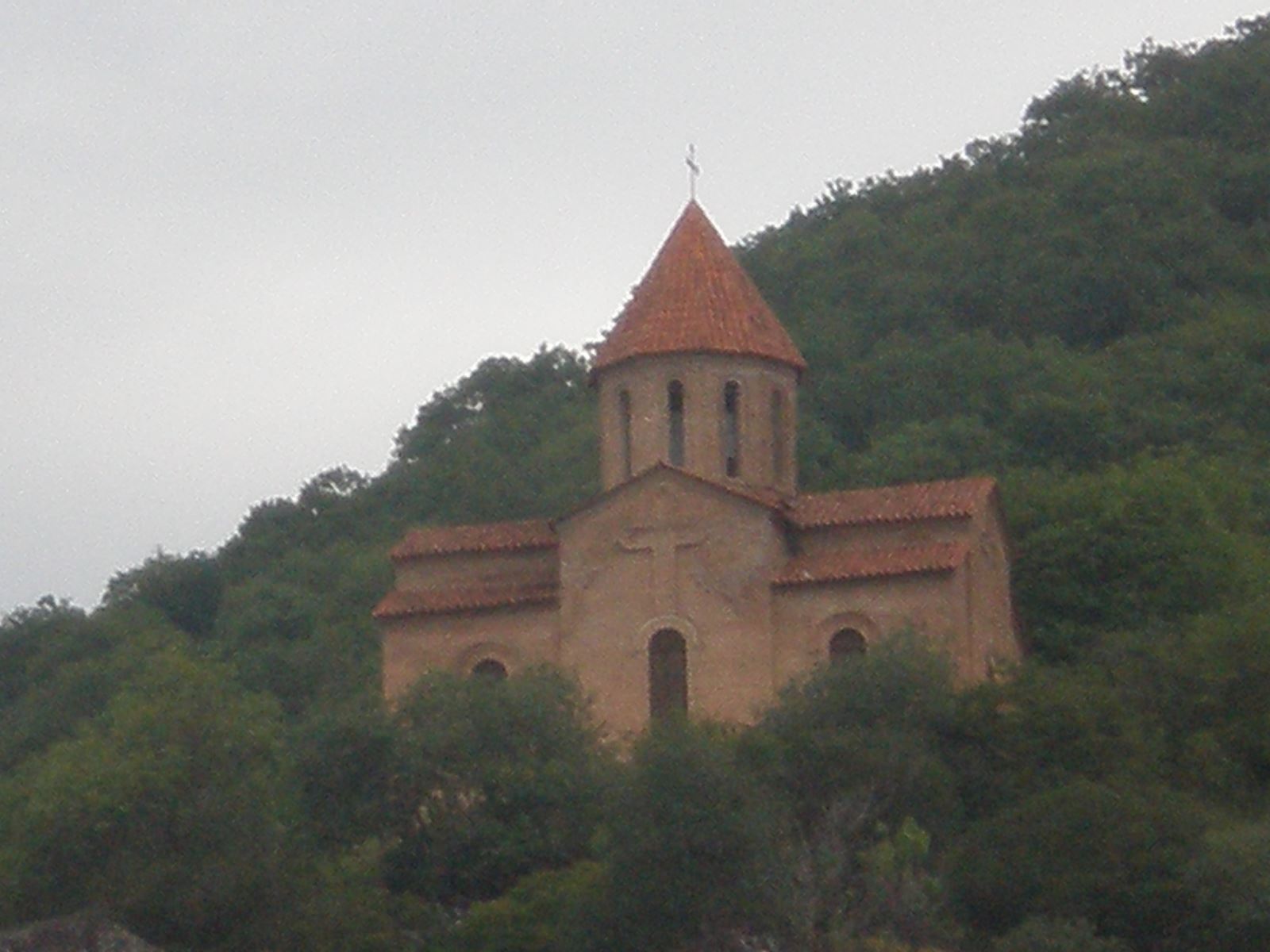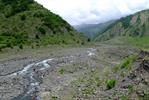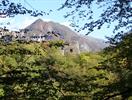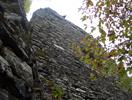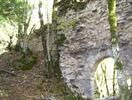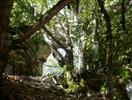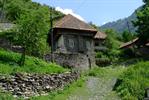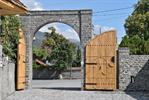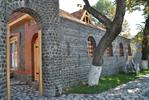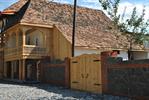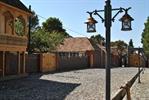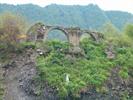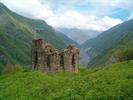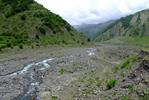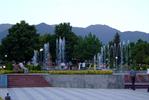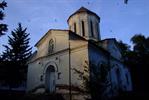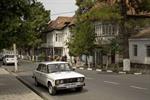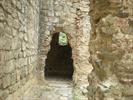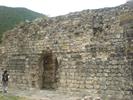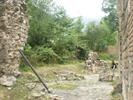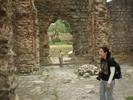Being only an hour or so from either Zaqatala or Sheki, QAX (said Gakh) with population of 12,000 makes for a pretty good break in your journey through North-Western Azerbaijan. Most useful as the gateway to Ilisu 15km beyond, this pleasant but rather forgotten town is famous for its bottled mineral water and its partly Georgian-speaking population. Travellers are a rarity, with Sheki-Zaqatala buses bypassing the place altogether.
As one tourist wrote in his blog: Although Qax is a pleasant and tranquil provincial town, it ranks about a -6.2 on the "oh, this is nice" scale. Logistically speaking, it's a pain. Like other "cities" in the area, the train station is about a million miles from the city centre. At least the bus station is right in the middle of everything. But "everything" is an exaggeration.
There are a couple of well manicured parks in the centre. They can be a good area to people watch, although they are equally likely to watch you, as they don't get many tourists around here. The natives are friendly but expect to be stared at.
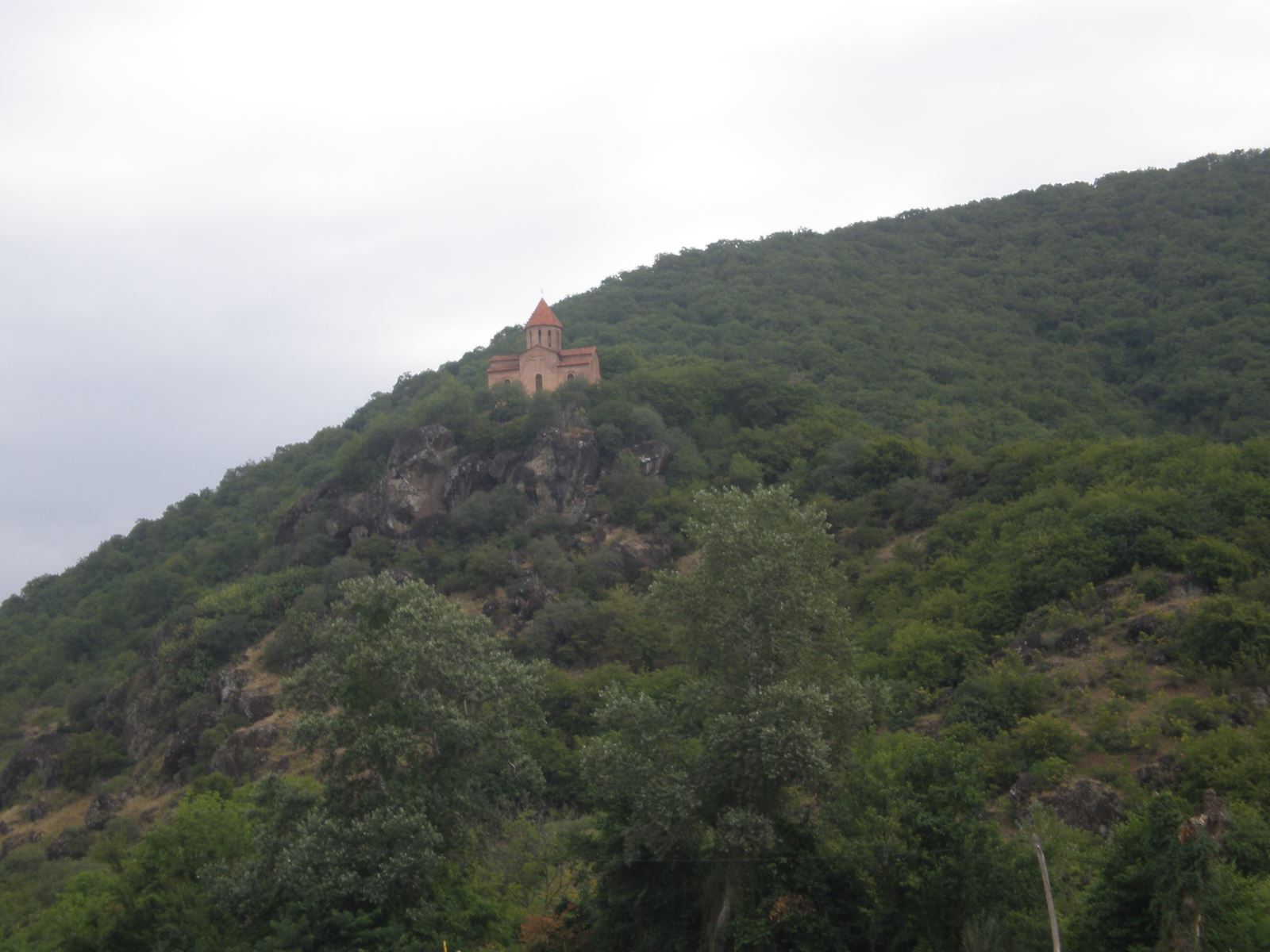
In the centre, there is a Georgian Orthodox Church to check out. And if you go around sunset, you can watch all the swallow dive-bombing for mosquitoes. There are a few other ruins in the outskirts of town, but that's not why you come to Qax. It is instead to use it as a base to explore other villages in the area.
Friendly and good value, the simple little Hotel Qax (Narimanov kuc) is 10 minutes' walk northeast from the tiny little bus station. Cranky minibuses to Zaqatala (1.5 hours) depart roughly hourly. Four daily buses run to Sheki (two hours) looping past Qax's new train station. If arriving by train don't get off prematurely at the very isolated old train station 20km further east.
History
The Qakh region of Azerbaijan has a long history dating back to ancient times. Archeological excavations the area had been populated during Eneolithic, Bronze and early Iron Ages. What remains of these early inhabitants' activities indicates they engaged largely in sedentary cultivation, animal-breeding and art. According to historians, the territory of Qakh was a part of the Scythian Kingdom in the 7th century B.C.
With the spread of Christianity throughout the region during the existence of Caucasian Albania, some Christian temples were built in the Qakh district. In the 8th century A.D., Qakh fell under Arab occupation. Starting from the 11th century first Oghuz Turks and later Qipchaq Turks inhabited the area, the region was incorporated into Great Seljuq Empire. Qakh was later a part of Atabeg and Shirvanshah states. With invasion of Hulaguids in Azerbaijan in the 13th century, Mongolian nomadic tribes populated the region. In 1562, by the order of the Safavid Shah Tahmasp I, Ilisu Sultanate was established in Qakh. In the 18th century, Ilisu Sultanate became so powerful that, the Ottoman Emperor conferred its ruler Ali Sultan Bey the highest title of Pasha recognizing him as the Beylerbey of Shaki.
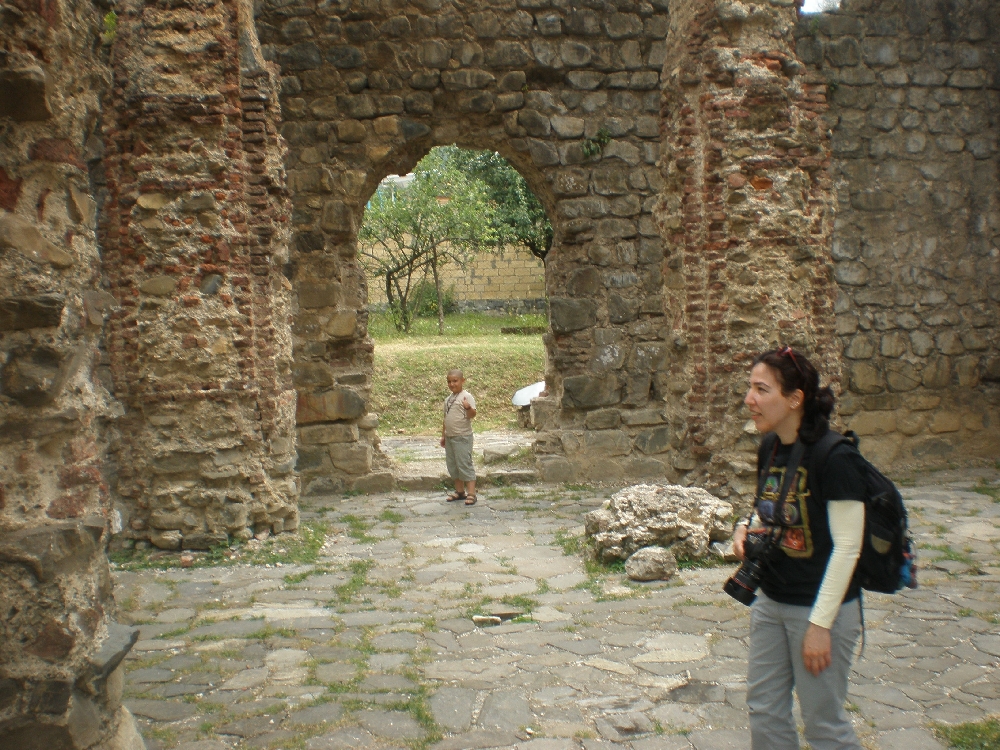 In 1803 the sultanate of Ilisu was annexed to the Russian empire. The ruler of the sultanate, Daniyal, inspired the people to rise against Russian rule in 1844, due to a disagreement between him and the government of Russia. Sultan Daniyel was defeated near the village of Ilisu and continued his struggle against Russian along with the leader of the national freedom movement, Sheykh Shamil. Russians burnt Ilisu and divided the territory of the sultanate into mahals (territorial units) and annexed them to the Jar-Balaken daire (territorial unit) converting it into a colony of tsarist Russia. With proclamation of independence of Azerbaijan Democratic Republic in May 1918, Qakh was retained within Azerbaijan.
In 1803 the sultanate of Ilisu was annexed to the Russian empire. The ruler of the sultanate, Daniyal, inspired the people to rise against Russian rule in 1844, due to a disagreement between him and the government of Russia. Sultan Daniyel was defeated near the village of Ilisu and continued his struggle against Russian along with the leader of the national freedom movement, Sheykh Shamil. Russians burnt Ilisu and divided the territory of the sultanate into mahals (territorial units) and annexed them to the Jar-Balaken daire (territorial unit) converting it into a colony of tsarist Russia. With proclamation of independence of Azerbaijan Democratic Republic in May 1918, Qakh was retained within Azerbaijan.
AROUND QAX
Near Qax you'll find the remains of 6th century Albanian Churches in Qum village and in the hills above Lakit. In the villages of Saribash and Dzhalai, local women weave original carpets. Lekit, Qum and Termechi villages all have ruins of one sort or another. But but the most popular excursion is to Ilisu.
If you're planning a trip to Azerbaijan you may be interested ▶ Azerbaijan highlights - For those who prefer to go unbeaten path, to explore less visited places and check national charisma of this small country in Southern Caucasus on the edge of Europe.



